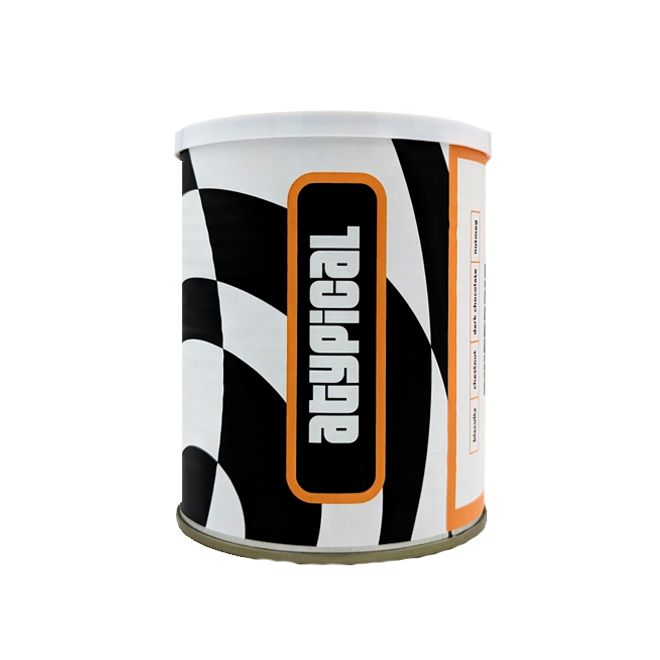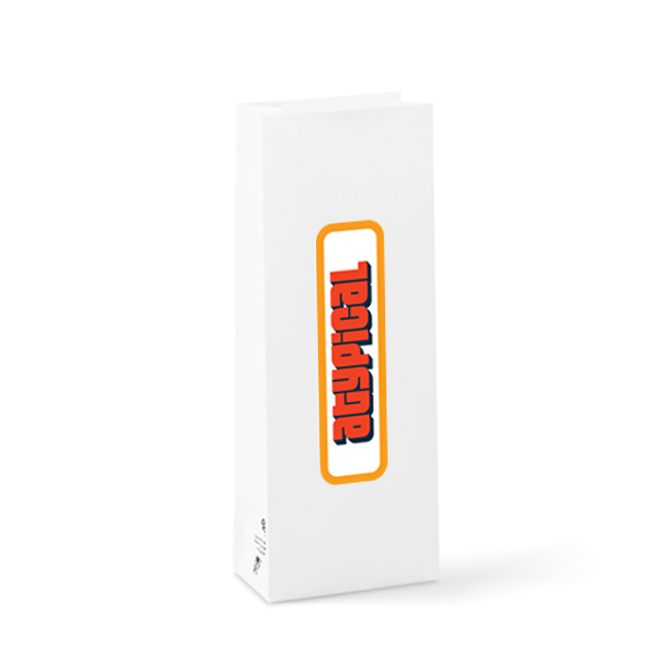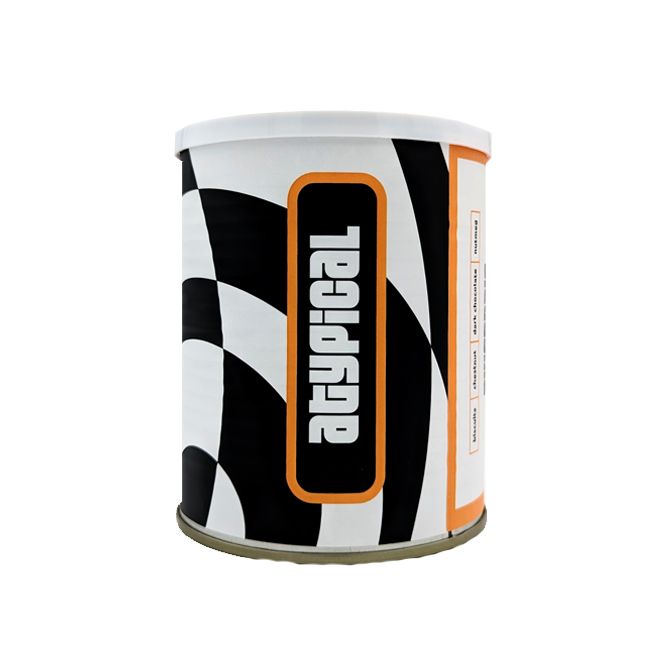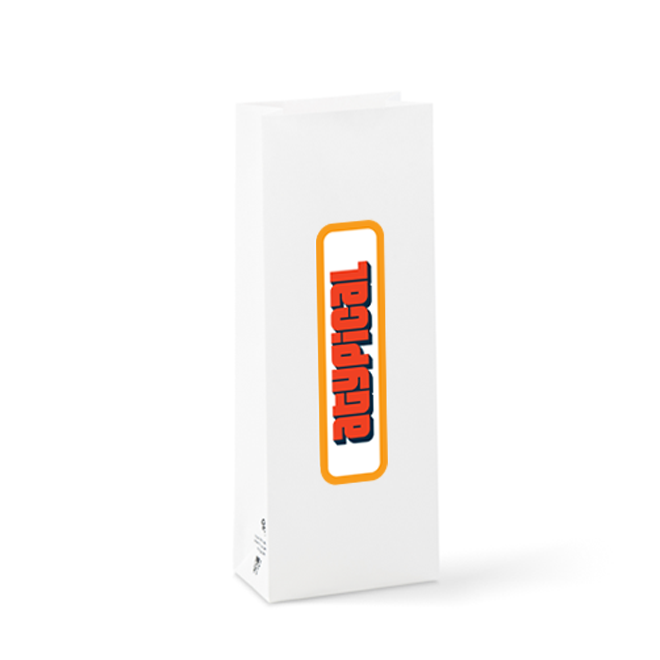Atypical Coffee
Atypical - India Kerehaklu - Espresso Roast
Atypical - India Kerehaklu - Espresso Roast
Couldn't load pickup availability
While both father and son—Ajoy and Pranoy Thipaiah—are deeply involved in nearly every aspect of Kerehaklu Estate, each has naturally gravitated toward the areas where their experience and instincts best serve the farm. Broadly speaking, Mr. Ajoy oversees the plantation itself, focusing on plant health and overall agronomy, while Pranoy leads the post-harvest processing efforts. It has been remarkable to watch Pranoy’s approach to processing evolve over the past four seasons. He’s deeply curious about how processing can add nuance and character to coffee, but he’s equally committed to allowing plant genetics and the native microbiome to remain the dominant forces shaping flavor.
Pranoy’s method has an analogue in sourdough bread. He creates a starter culture using parchment coffee and mucilage. The native yeasts and bacteria on the fruit activate within this mixture, which is then cultivated into a vibrant starter culture used to inoculate fermentations. A typical Kerehaklu lot is processed as follows: Freshly harvested cherry is floated the same day it’s picked, then placed in open-air fermentation tanks from approximately 6:00 p.m. to 9:00 a.m. the following morning. After this overnight fermentation in cherry, the coffee is pulped and transferred to lidded plastic barrels containing fresh water and a measured amount of the previously mentioned starter culture. The coffee is stirred every few hours to introduce oxygen and ensure a uniform fermentation. After 35–37 hours, it is mechanically washed and then moved to drying. Drying begins under heavy shade for the first two days, after which the coffee is transferred to a polyhouse for continued drying.
Packaging
- Cans come with a lid so you can reseal them after opening
- Bags are made from RecycleMe paper so they can be recycled with normal paper
Share




